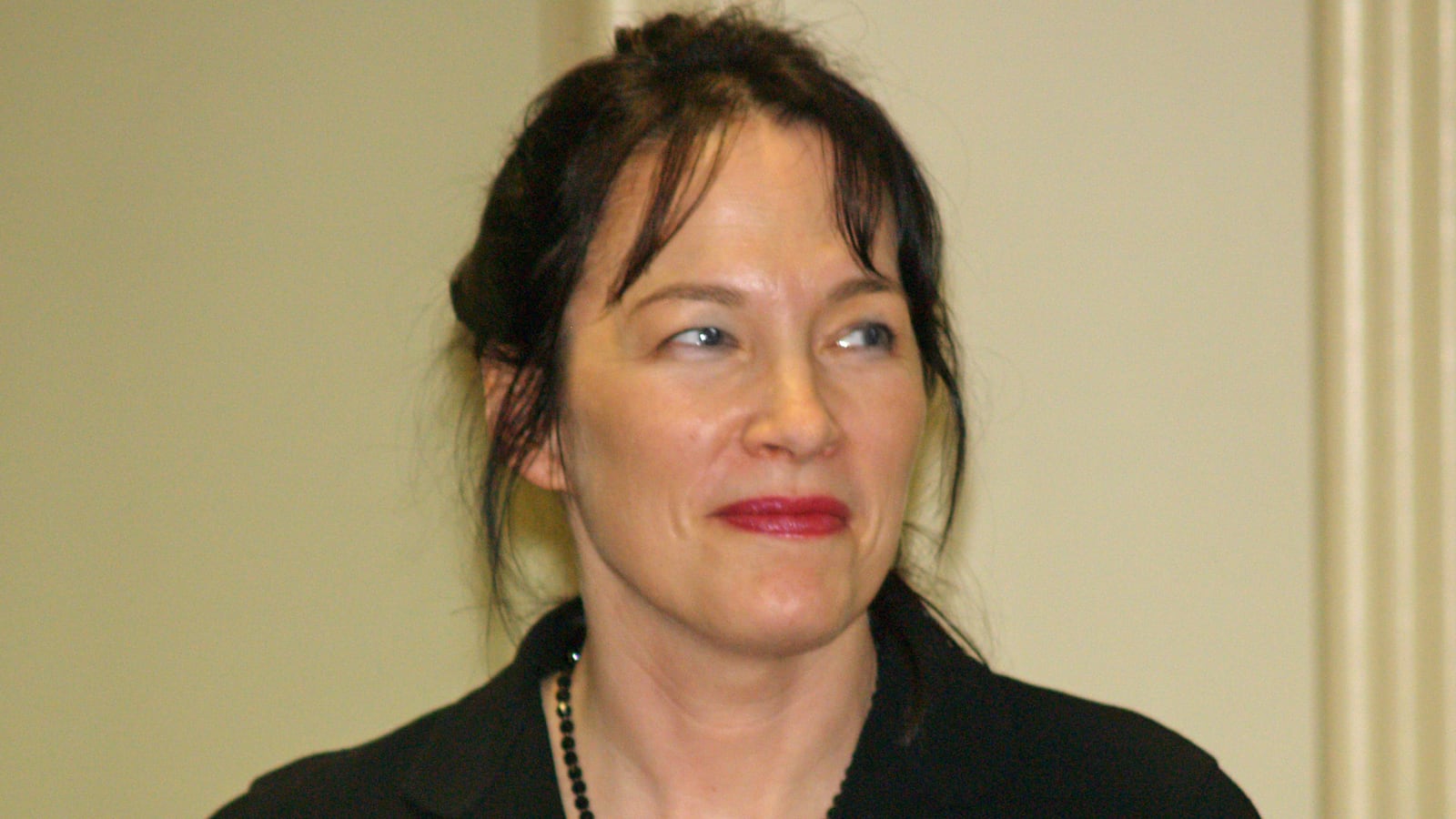Alice Sebold, the best-selling author whose popular memoir, Lucky, revolved around her 1981 rape outside Syracuse University, apologized Tuesday to the man she had accused in that case, saying she “deeply regret[ted]” what he had been through.
The man Sebold accused of raping her, Anthony Broadwater, was exonerated last week after a judge ruled that the prosecution had been deeply flawed. Broadwater spent 16 years in prison after Sebold identified him as her attacker. He has struggled to hold down a job and maintain relationships in the two decades since his release.
Sebold had remained silent throughout Broadwater’s exoneration process. In her statement Tuesday, she said it had taken her eight days since his conviction was overturned to “comprehend how this could have happened.”
In a Medium post in which she deftly avoided taking any personal responsibility for Broadwater’s incarceration, Sebold wrote that she had “chose[n] to put my faith in the American legal system” as an 18-year-old rape victim, and that she would “forever be sorry” for what came next.
“I will continue to struggle with the role that I unwittingly played within a system that sent an innocent man to jail,” she added.
Addressing Broadwater directly, she added: “I am sorry most of all for the fact that the life you could have led was unjustly robbed from you, and I know that no apology can change what happened to you and never will.”
Broadwater responded with a statement several hours later saying he was “relieved that [Sebold] has apologized.”
“It must have taken a lot of courage for her to do that,” he said. “It’s still painful to me because I was wrongfully convicted, but this will help me in my process to come to peace with what happened.”
Sebold told police she was violently assaulted in a park in Syracuse, New York in 1991. She identified Broadwater, a Syracuse native, as her assailant five months later, after passing him on the street. Asked to pick him out of a police lineup, however, Sebold failed to do so.
Nevertheless, the case against Broadwater continued to trial, hinging largely on Sebold’s courtroom identification of him as her assailant and a now-discredited science known as microscopic hair analysis. Broadwater was convicted of six charges, including first-degree rape, and sentenced to up to 25 years in prison. He was released in 1998. Sebold’s memoir about the attack—in which she changed the assailant’s name but described the assault and trial process in detail—was published in 1999.
It was during production for a film adaptation of Sebold’s memoir last year that a producer noticed what he called discrepancies between her version of events and the criminal case file. The producer, Timothy Mucciante, hired a private investigator to look into the case, and soon became convinced of Broadwater’s innocence. (The film project has since been abandoned, according to Variety.)
By last week, both Broadwater’s defense attorneys and the office of the district attorney that originally prosecuted him believed his conviction was unjust, too. A state judge agreed, overturning his conviction and removing him from the state sex offender registry.
Broadwater—whose father died while he was in prison, and who said he had refrained from having children of his own because of the stigma around incarceration—broke down in tears when the judge announced his ruling.
“I just hope and pray that maybe Ms. Sebold will come forward and say, ‘Hey, I made a grave mistake,’ and give me an apology,” he told The New York Times earlier this week.
“I sympathize with her,” he added. “But she was wrong.”




